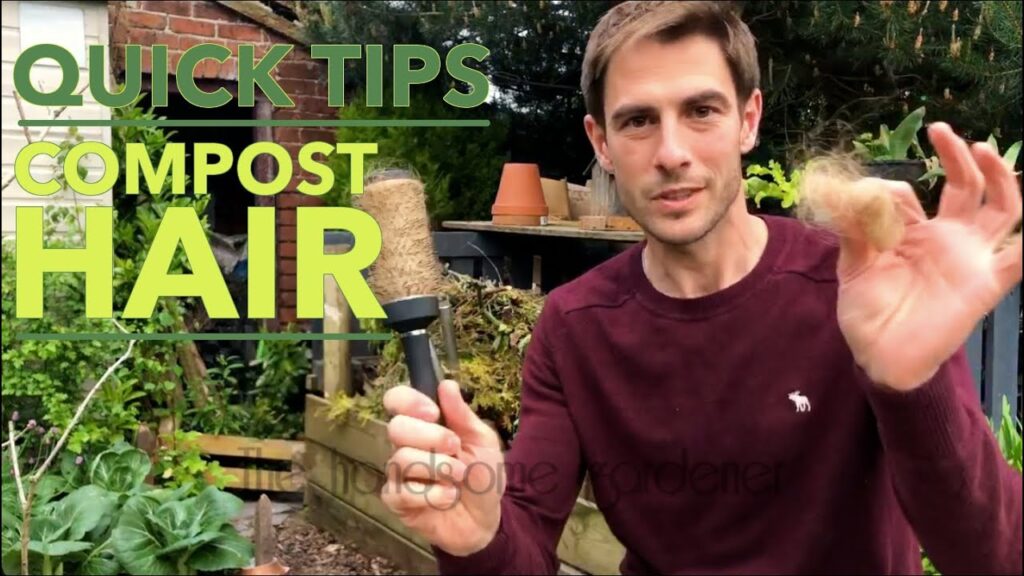Human hair is a natural by-product of our daily lives. It can be composted in the same way as any other organic material, such as food scraps and paper products.
There are many misconceptions about what can and cannot be composted. One of the most common misconceptions is that hair can’t be composted, but this is not true.
Hair does break down in a compost pile. It takes about 1 month for hair to decompose in a compost pile and it will not smell bad like other materials might.
The only thing that you need to be careful of when adding hair to your compost pile is that you don’t add too much at one time because it will slow down the decomposition process.
Contents
How long does it take to compost human hair
Composting is the process of breaking down organic materials like leaves and grass clippings into a nutrient-rich soil. And it’s a great way to get rid of human hair.
It takes about 1 month to compost human hair, but you’ll need to keep it moist during that time. And if you have long hair, you might want to divide it up into smaller sections before you start composting.
The time it takes for human hair to compost varies depending on the type of hair and the type of compost bin being used.
Composting is the process of breaking down organic matter into a soil-like material that can be used as fertilizer.
The decomposition process takes place in a compost pile, which is usually an open, stacked structure that has alternating layers of plant materials and soil.
Human hair can take up to 1 month to compost, but it will depend on how often the hair is added to the pile.
What are the Benefits of Composting Hair?
Composting hair is a way to reuse human hair that has been cut off. It involves cutting the hair into small pieces and then adding it to a compost pile or container.
The benefits of composting hair are twofold: it helps reduce the amount of waste and it helps fertilize plants.
Human hair is a renewable resource and can be composted in order to make fertilizer. It is biodegradable and can be used to improve the quality of soil.
How To Start A Home Compost For Human Hair
Home composting is one of the most effective ways to dispose of organic waste material. It is an eco-friendly way of disposing the waste material and it can be done in your own backyard or garden. Home composting for human hair is not new and it has been used by many households around the world for years now.
A lot of people have started using home composting as a way to dispose their organic waste material instead of throwing them in the trash or dumping them into landfills because they are aware that this method is much better for the environment.
Is It Worth Composting Hair
Composting is a great way to reduce waste and reuse organic materials in your garden.
Hair composting has a number of benefits for your garden. It is rich in nitrogen, which can help plants grow more quickly. It also helps to break down other compostable materials like leaves, grass clippings and kitchen scraps. Finally, hair adds valuable organic matter to soil that can help improve its structure and water retention abilities.
Composting with hair is a natural way to improve your soil. Hair is a great source of nitrogen, which promotes healthy plant growth. Composting will break down the hair and make it a part of your soil.
Hair from humans and animals can be composted in the garden.


